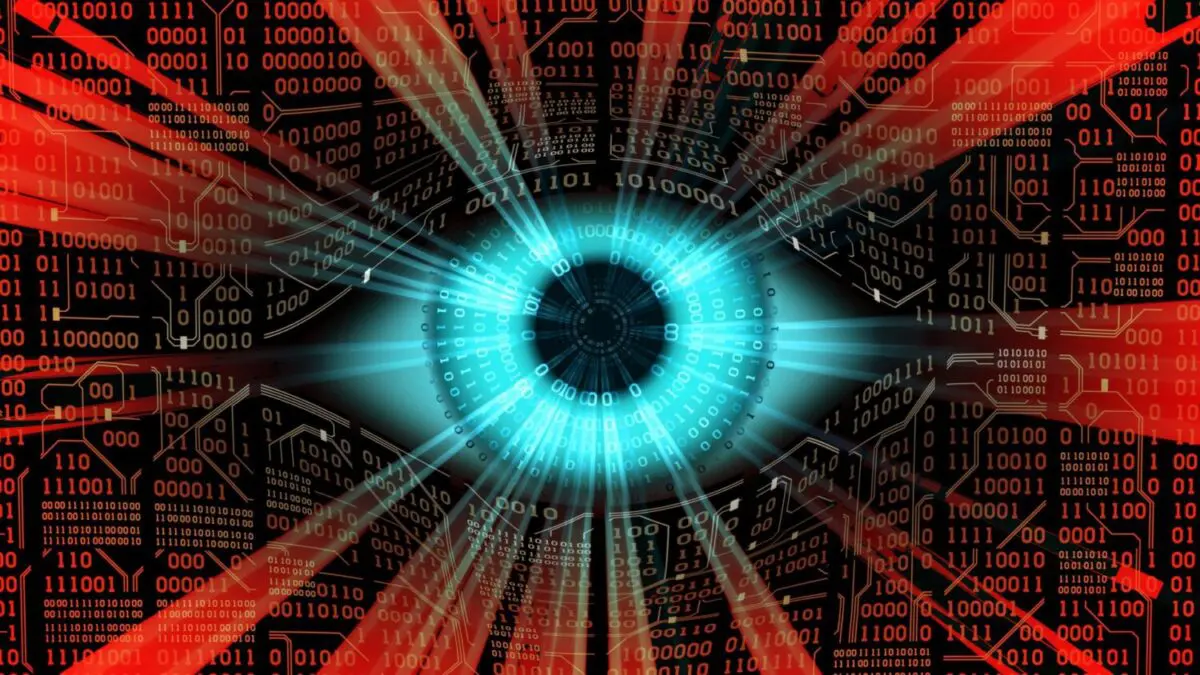Russia has announced that it has created technology to monitor social networks and spot what is considered destructive behavior among young people, with the aim of reducing the number of cases of violence, AFP reported.
This was announced after 6 people were killed in a shooting at a university in Perm last month. Human rights activists fear that the technology could be used to silence voices critical of the authorities.
According to the state youth agency Rosmolodozh, the non-governmental organization Center for the Study and Network Monitoring of the Youth Environment, established in 2018 at the initiative of President Vladimir Putin, has created software to “quickly detect the spread of destructive subcultures among young people.”
“The system will be used to monitor the publicly accessible part of the Russian social media sector,” the agency said in a statement to AFP.
Another system created by the same organization, called Angel.Destructive, allows surveillance of telecommunications and the Internet in general, according to the same source.
The second program will alert authorities to information prompting “children and young people to make decisions that put their lives in danger”, as well as signs of particularly dangerous deviations.
According to the state agency, the NGO is already providing information to law enforcement about “intentions to commit illegal or anti-social actions”.
In September, Russia’s RBC and Vedomosti reported that the government had set aside more than 1.5 billion rubles (about 17.5m euros) to develop such a system, AFP reported.
Human rights activists fear that such technology could automate the “suppression of online activities” and describe it as “a very serious threat to free speech”.
“It is very unlikely that the end goal will be achieved, but the system could lead to problems for many consumers and activists,” said Sarkis Darbinian of the human rights organization Roskomsvoboda. According to him, such a system poses a huge risk “to the freedom of people who express a negative attitude towards power.”







